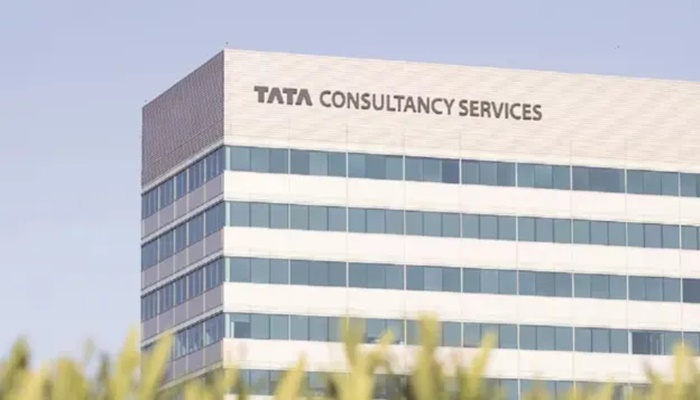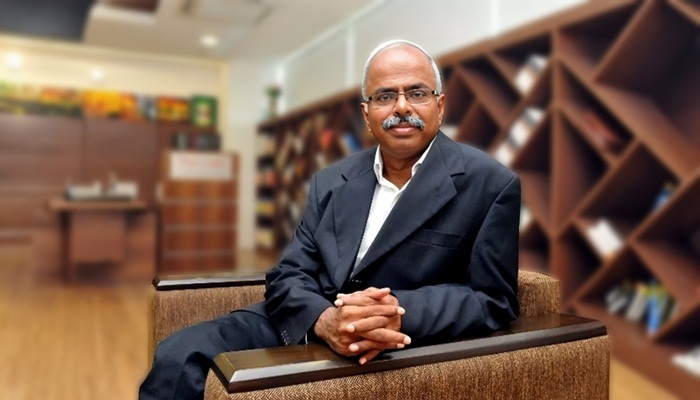The world of work isn’t just changing, it’s accelerating, reshaping, and redefining itself in real time. Navigating this transformation rests in the hands of those at the helm. As the business, talent, and technology landscape continues to evolve, leaders must possess the foresight to steer through 2025 and beyond, said Pushkar Bidwai, CEO of People Matters, in his powerful opening address at Asia’s largest HR and Work Tech conference, People Matters TechHR India 2025.
“Every headline reminds us that the old playbooks don’t work anymore. Whether it’s AI, climate, culture, or geopolitics, the environment around us is shifting faster than ever,” said Pushkar during his inaugural address of the two-day conference being held at Yashobhoomi Convention Centre in New Delhi on July 31 and August 1.
Yet, with every disruption comes a breakthrough, a chance to rise above the noise, Pushkar affirmed.
Twelve years ago, People Matters lit the spark that became TechHR. And 15 years before that, the People Matters journey began with a clear mission; to elevate people and work.
“Today, we stand here as a community of over 500,000 leaders; a global tribe united by purpose, curiosity, and bold action,” Bidwai shared. He reflected on how People Matters has grown, transformed, and continually dared to ask: What’s next?
From its roots in India to Southeast Asia, and now expanding boldly into the Middle East, the People Matters community has never stopped evolving. And neither has the TechHR conference.
Throughout the years, there has always been space for new adventures — new questions, new connections, new experiments, and fresh breakthroughs. “And this year is no exception,” Pushkar asserted.
This year, People Matters is organising TecHR India at Yashobhoomi, which is more than just a venue change. According to Pushkar, it is a symbol of scale. He acknowledges that it is a statement of intent. “A space built for movements that are growing for ideas too big to be boxed in,” he explained.
And that’s exactly what this community of talent leaders has become — too bold, too diverse, too expansive to be confined.
During his keynote address, he credited the community while welcoming them to a grander space, a bigger canvas, and a new altitude of experience. He thanked the community, as none of this would have been possible without their support.
“You made this leap real. It’s your belief, your participation, your curiosity, and your hunger to push boundaries that brought us here. You made TechHR not just a conference — but a movement. So a big thank you to you — a big applause!” As the community gathers once again this year, it does so at a time unlike any other — and with renewed energy to shape the future of work, together.
SHRPA 2025
And to help us answer these questions, People Matters has launched the SHRPA Report 2025, which offers a crucial snapshot of our current reality. The report surveyed over 1,200 HR professionals and business leaders across four geographies, different industries, and organisation sizes.
According to the report’s findings, HR is no longer asking whether to transform. “It is asking how fast, with whom, to what end and at what cost.”
It further adds that three shifts that will disrupt HR are that business growth rides on talent and innovation ecosystem, change readiness means AI readiness, and tech adoption, not implementation, is the currency of ROI.
Technology, talent fluidity, and foreign capital demand will push the cost of growth in the age of hyper-disruption. With 42 percent of leaders saying HR must cultivate leadership discipline, human depth and AI precision to turn disruptions into opportunities.
The report highlights that there is a tech maturity, but value realisation hinges on AI readiness. However, the lack of capabilities poses a significant barrier, limiting the use of Gen AI, with only 1 in 4 utilising it.
Cheshta Dora, Head, Research & Content Strategy, People Matters, who designed the research study and co-authored the report, said that the
objective of SHRPA research is to enable forward-thinking leaders to lead borderless growth with tech, talent, and leadership excellence.
“We look forward to building insights and tools every year to support our community in becoming the answer,” she said
As the discussions delved into SHRPA report’s findings, attendees explored strategies for driving HR tech transformation, building agile teams, and ensuring the right skills are in place for tomorrow’s leaders.
Pushkar concluded with a clear agenda for HR professionals that the time for thinking incrementally is gone. It is time to make a breakthrough.




















